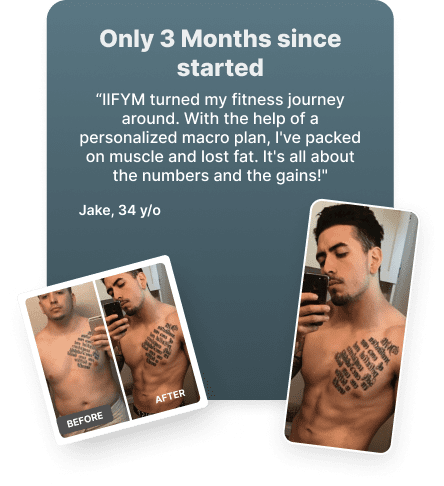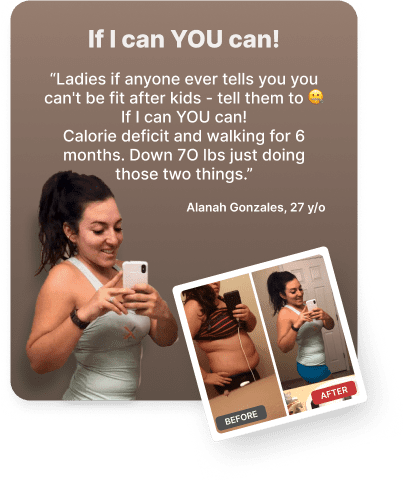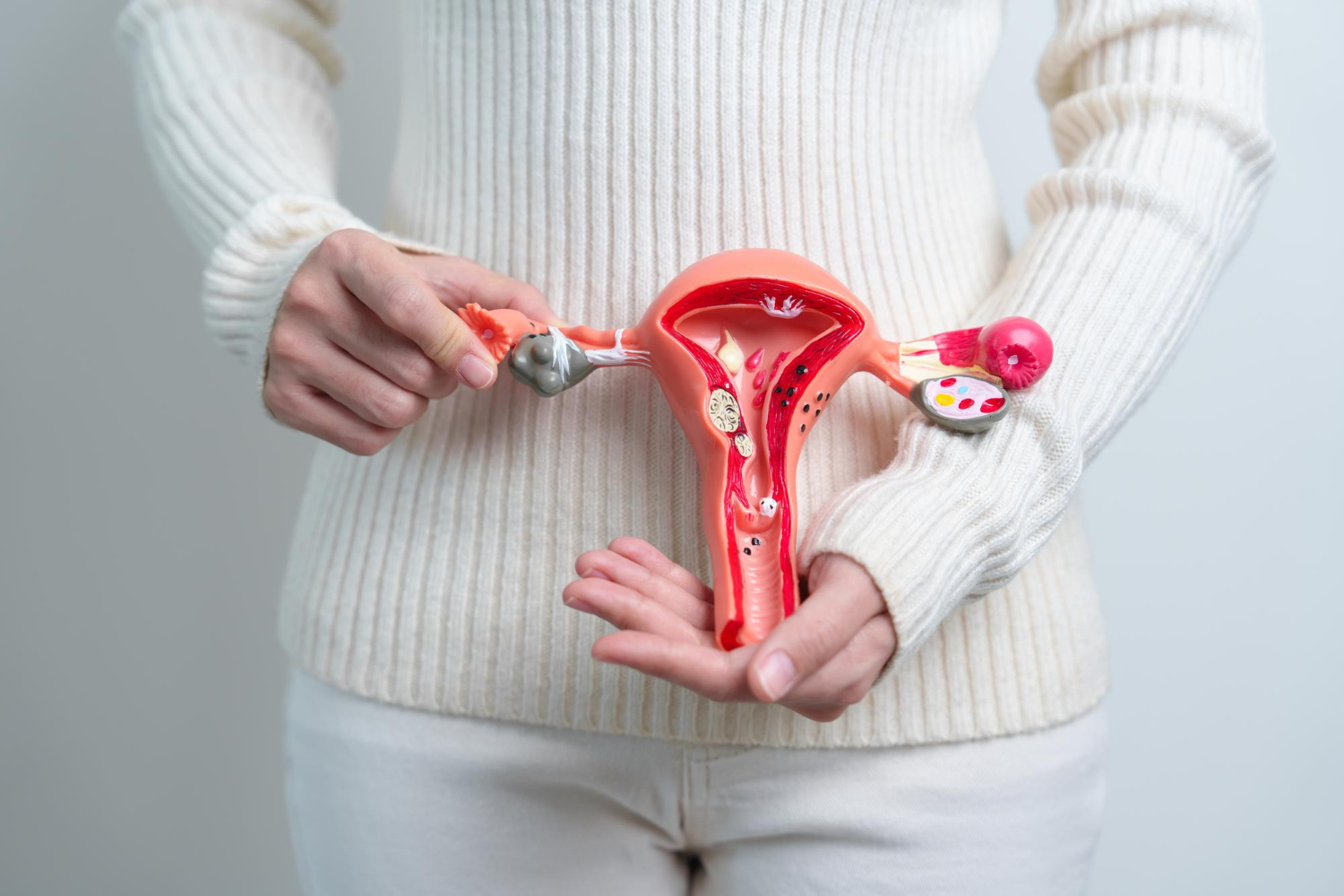Waking up grumpy, achy and a nose running more than a broken faucet, only to end up working out anyway (because gain) sounds quite admirable. Nothing’s going to stop you from sweating your way to an even better version of yourself. Yeah, that sounds cool until you’re “that person” sneezing all over the equipment, truly “leaving your mark” on the gym.
(Once you’re over your cold, checking out the IIFYM Macro Calculator can help you get started back on the right track!)
For those of us that truly place our health and continued physique progress as a priority, gym time that was once skipped from even the lamest excuse is now hard to ever miss without feeling guilty.
Even if we aren’t feeling up to par, chances are most of us don’t plan to skip working out if at all possible. In reality, even if we have a home gym or plenty of antiseptic wipes, working out while we’re sick may not necessarily be the best move for our health.
Like most things in fitness though, it depends, and I’m here to help break down just how it depends, along with considerations to help prevent the dilemma from occurring as often in the first place.
Sick Workout, Bro
When considering how working out affects health, particularly when we’re already under the weather, it’s important to keep in mind that working out in itself is a stress on the body. Beyond initial, beginner programs, working out only entails greater and greater stress on the body.
This fact alone is largely how we improve muscle size, strength, and other performance parameters. Since our bodies are consistently being subjected to greater and greater stress, but as a result consistently adapting and becoming more capable of handling greater stressors in the future.
For example, improved capacity to lift a heavier weight, complete more reps, or produce more force in a given exercise.
…“pushing through the pain” may not do much aside from prolonging that “pain” as our immune systems has a double-decker stress sandwich to try and process.
This pertains to our current topic because that stress we experience when working out, namely intense exercise like weight training does appear to negatively (but temporarily) affect our immune system through various mechanisms.
Research has been published to suggest that working out can cause temporary suppression of our immune system for somewhere around 30 minutes to upwards of 24 hours after completion of a training session (1,2,3).

Exercise Type and Effects
Among the research reviewed for this article, it seems that “intense exercise” that most likely causes the temporary immune suppression can be classified as lasting 1.5+ hours at intensities of or similar to 55% of maximum oxygen consumption or above (3). Put more simply, most serious weight training or cardio sessions in most cases.
Ironically though, working out consistently has also been shown to improve immune function over time. Again, likely due to consistent, well-programmed exercise (“stress”) leading to positive adaptions over time. Somewhat similar to the positive adaptions that occur in muscle tissue after weight training creates micro-damage it then recovers and grows from.
Knowing that consistently working out on properly designed programs can improve our immune system, you may be left wondering why in the heck I even mentioned the temporary immune suppression single bouts create.
Well, that matters because theoretically, when we’re sick with something such as the common cold or a respiratory infection, our immune system is already suppressed as it fights to overcome whatever illness we have.
Stress On The System
When athletes I work with ask whether or not they should be working out while sick, I try to use this reminder. It’s important to keep in mind that working out while sick is essentially putting more stress and potential immune suppression on an already taxed system working to overcome the illness.
This realization can help explain why, based on the available research, theoretically, “pushing through the pain” may not do much aside from prolonging that “pain” as our immune systems has a double-decker stress sandwich to try and process. Rather than being allowed to simply focus on overcoming the illness and getting back to 100% sooner.
For this reason, I typically suggest athletes forgo working out for the duration of their illness. Instead focus on getting extra sleep, staying hydrated, and getting in their normal intake with a special emphasis on fruits, vegetables, and other nutrient dense foods to help support recovery as well as possible.
As a result, we may help reduce the time we have to deal with illness, helping us get back to full swing sooner, and able to train at full speed sooner than if we tried to push through by working out while we’re under the weather. Not to mention, avoid getting everyone else sick at our gym by spreading whatever we have. Your body and your gym buddies will thank you!
Curing The Conundrum
Staying cooped up in our house for days on end while we recover does sound absolutely awful. Especially since cabin fever is a real phenomenon if we aren’t getting outside and moving around in some capacity.
For that reason, instead of nearly dying working out like normal, I prefer to suggest my athletes use their best judgment and consider instead using a home treadmill or going outside (weather permitting) to get a casual walk in and move through some mobility & flexibility work just to get some fresh air and stay limber in the meantime.
Although some casual activity may not speed up your recovery time all that much, it also won’t likely hinder your recovery either. On the same token, it’s easy to see that simply moving around a little while away from the gym can help keep us gym rats from feeling like total blobs while we’re out of commission.

Rules of Thumb for Working Out
Each specific situation will call for slightly different approaches. However, I find it helpful to provide some general rules of thumb to my athletes as they consider whether it’s reasonable to miss a few days of training while they recover, or if they’re just being wimps making excuses.
Stay Home If:
You’re dealing with anything contagious, a high temperature, cough or especially if you’ve been prescribed medication.
If these symptoms are present, chances are you have something relatively serious that would not only keep you from training with enough intensity anyway but could get other people sick, which is, of course, no bueno.
Stay home, get extra rest, stay hydrated, and focus on recovering more quickly so you can get back at it full speed once you’re over the illness.
Consider Pushing Through If:
You aren’t experiencing the symptoms above, and honestly feel like you can have a pretty good workout without getting other people sick in the process. You may just not necessarily feel ultra chipper while working out that day.
Keeping in mind the approximate duration of immune suppression working out can cause…
Something like allergies acting up, sinus issues, or general fatigue can be worked around relatively easily with some over the counter medications (allergy medicine for example) and some auto-regulation to adjust your workout accordingly.
Be honest with yourself about whether or not you’re actually sick, or just feeling less than stellar. Just as there’s no reason to force working out when we’re genuinely sick, there’s no reason for not working out just because we don’t necessarily feel 100%.
Prevention Is The Best Strategy
It would be completely silly to think any of us can completely prevent ourselves from ever getting sick. Sometimes stuff just happens. That said, prevention goes a long way in keeping those situations from coming up as infrequently as possible.
Keeping in mind the approximate duration of immune suppression working out can cause, it seems reasonable to control the environment we’re most often in during that window of time immediately after working out.
Being conscious of some risk areas and how we can best control them may help us prevent common illness and bugs before they even happen, at least part of the time.
- Program for Recovery. Programming training to allow for periods of lower intensity training to break up other high-intensity blocks, along with sufficient recovery days each week, can help prevent unplanned overreaching and subsequent immune suppression. In other words, keep recovery high to keep illness frequency low.
- Sufficient Sleep. We likely all know just how important sleep is for proper hormone balance, hunger regulation, recovery, and growth. Consistently averaging around 7-9 hours of sleep each night can go a long way in proper immune health and recovery.
- Nutrient Density. Flexible dieting is great, but as my previous articles have stressed, and the IIFYM coaches highlight with their athletes. It’s foolish to neglect nutrient density and food quality when meeting our daily macro goals. All those vitamins, minerals, antioxidants and other micronutrients are much more important than they typically get credit for. Keeping a variety of fruits, vegetables, whole grains, proteins and fat sources in our diet can go a long way in promoting optimal immune health. Not to mention, optimal training performance, body composition, and countless other benefits.
- Wash Hands Post-Workout. You may think your mom slipped this bullet point in because it sounds like a very motherly thing to nag about. However, consider the acute immune suppression working out can cause. It only makes sense that in the minutes and hours after working out, that we wash our hands well to avoid germs that are undoubtedly all over the equipment and locker rooms in our gym.
- Clean Your Shaker. I’ll be the first to admit if I’m not paying attention, I can go a few days before fully washing my shaker. Instead of opting for a simple rinse out between uses for a few days. Building on the last bullet point, it seems reasonable to control for variables we’re most around during the times of day we’re most likely to experience some immune suppression. Keeping our shakers and water bottles cleaned consistently can help prevent bacteria exposure and keep us running at full speed.
Cancer & Exercise
It should be noted that in this article we’re referring to “sick” as in the cold, flu, upper respiratory infection, basically short-term, common illnesses we often attempt (or need) to push through during daily activities.
Although working out during illnesses such as these could be more counterproductive than helpful, we in no way want the advice in this article to be extrapolated into other illnesses as the context would greatly change the suggestions.
In reality, research is continuing to come out on the variety of benefits exercise seems to have on both the prevention, but possibly even more exciting, the successful treatment and continued remission of long-term illnesses, namely various cancers.
Professors such as Dr. Lisa Sprod currently out of the University of North Carolina Wilmington have helped contribute a mass of published research on the topic of cancer and exercise as it relates to improving otherwise negative consequences of various cancers. As well as improvement of the often-negative side effects common treatments produces.
Worth The Effort?
So although working out while you have a cold or flu may not be very helpful, it’s important to realize certain exercise protocols in others realms of illness tells quite a different story. Professionals directly related to that field are best to discuss topics of that nature.
Although the available research is truly amazing on just how much exercise can be “medicine” for many chronically ill populations (4,5,6,7).
Nobody visiting this website wants to miss out on opportunities to improve their health and appearance. At the same time, we can all appreciate the fact we eat well and train hard to improve our health and avoid sickness.
When the situation arises where we happen to fall under the weather anyway, being honest with ourselves on whether or not we’re doing more harm than good by being stubborn and refusing to skip working out is crucial.
Take rest days when needed, be patient, and remember that the sooner you’re better, the sooner you can get back to doing what you love and making the progress you crave!







